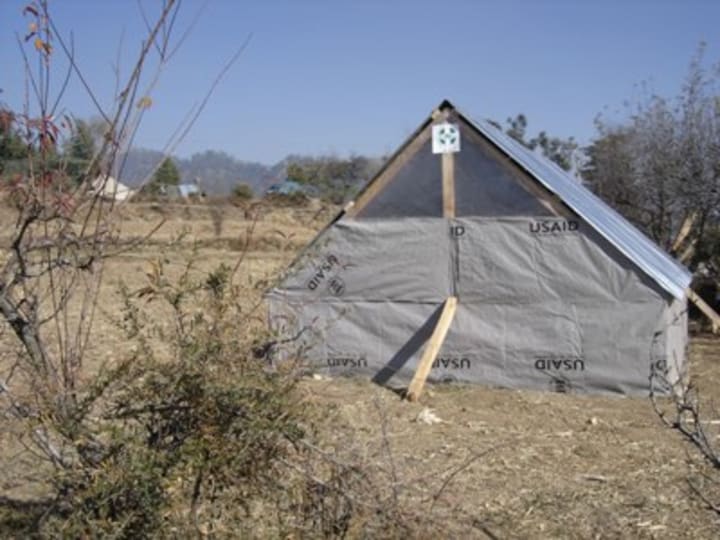
The overt branding of U.S. government-backed development efforts in Pakistan makes the work of U.S. aid workers “harder and more dangerous,” according to Samuel Worthington, president of InterAction, an alliance of U.S.-based non-governmental organizations.
Worthington says he understands the need to “advertise” U.S. development efforts in Pakistan, through logos on medicines or signs on food distribution centers, to help win hearts and minds in the Islamic nation.
“But in Pakistan, where aid workers’ lives are more often at stake, an enforced branding campaign could undermine our ability to deliver assistance as fast as possible without being a lightning rod for protests or attacks. It would also put the lives of Americans and their Pakistani colleagues at risk. (It is usually Pakistani nationals who do the bulk of the work on the ground.),” Worthington writes in an opinion piece published in The Washington Post.
NGOs must be allowed to find their own way of striking a balance between communicating U.S. goodwill and delivering humanitarian aid, even at the expense of not including U.S. signs on new health clinics, according to InterAction’s president.
“The debate over branding our efforts is not simply another technical policy decision. For us, it can be a matter of life and death. NGOs and the Obama administration must work together to find a solution that allows humanitarian workers in the field flexibility to brand or not, according to security conditions on the ground,” Worthington notes.
He concludes: “We are ready and eager to have that dialogue. The lives of our front-line workers depend on it.”




